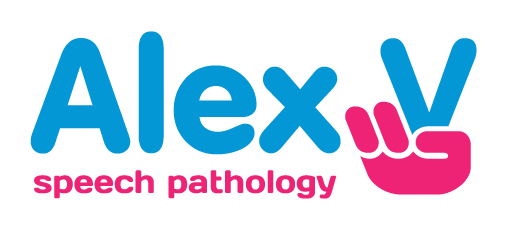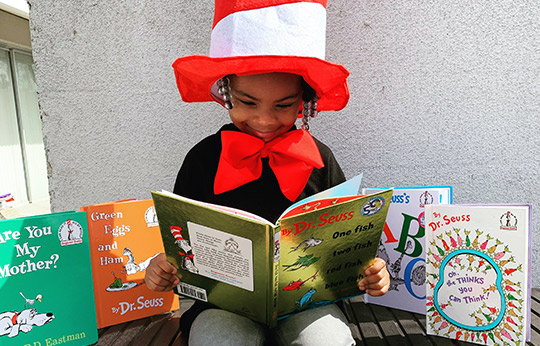Alex V. Speech Pathology help children in Brisbane and Ipswich who are preparing for school or who are already attending school improve their literacy skills.
Literacy skills such as reading, writing and spelling are imperative to your child’s success at school.
Literacy is defined the ability to read, write and comprehend a certain language, which is what makes a person “literate.” Having good literacy skills allows your child to make meaningful contributions and participate wholly in the world around them. While literacy is partially learnt before school age and then taught in school, some children struggle to pick up these skills in school and as a result need some extra help.
At Alex V. Speech Pathology, we are passionate about helping children develop fundamental literacy skills so that they can attend school and interact with their peers with confidence.
Why is literacy important?
Literacy skills such as reading, writing and spelling are imperative to your child’s success at school. Children with literacy issues can often find it difficult to catch up as before they have grasped one concept the class may have already moved onto another. As many skills at school require prerequisite knowledge, students with literacy difficulties can find themselves falling further and further behind.
At Alex V. Speech Pathology, we strive to find the basis of a child’s literacy difficulties and work with building a strong foundation for reading, spelling and writing skills. Alex V. Speech Pathology also focuses on working with children until they have reached a satisfactory reading and writing standard for their class.
Where School and Literacy Skills Meet
Before your child has started school, it can be very difficult to determine whether or not they struggle or will struggle with literacy. Due to this, most of the time it will be teachers who flag issues with parents based on what they have noticed in class. Children who are falling behind their peers and having trouble reaching reading and spelling milestones would benefit greatly from external literacy lessons.
At Alex V. Speech Pathology, we align our treatment sessions with what your child’s learning in school, closely liaising with their teacher and their in-school speech therapist to ensure their learning is consistent.
How do I Know if my Child Needs Literacy Lessons?
Determining whether your child needs literacy lessons can usually be decided by their performance in pre-school and/or school. If you or your child’s teacher has noticed them falling behind their peers despite being offered extra help, it may be a good idea to book them in for literacy lessons at Alex V. Speech Pathology.
It’s vital to do this as soon as you notice an issue, as early detection and treatment always yields the best results. It’s much easier to treat literacy issues in younger children than it is in children who have already progressed through several years of schooling.
Making Literacy Fun
Learning literacy in school in addition to attending outside school lessons can seem intimidating for any child when all they want to do is go home and play. At Alex V. Speech Pathology, we understand this and instead turn our literacy lessons into fun games; tapping into your child’s interests and milestones to ensure the most effective learning experience.
We enjoy sessions with your child as much as they enjoy coming to see us, and believe in building strong relationships with you and your child.
If you’re concerned with the development of your child’s literacy skills, please contact the team at Alex V. Speech Pathology on (07) 3217 7037 to book in for a consultation.
Literacy Milestones:
Literacy milestones can sometimes be difficult to determine, as each child develops their literacy skills at a varying rate. Some children reach these literacy milestones well before others, some children reach them later but are eventually fine, and other children will never reach these milestones without help. Below are some common literacy milestones for children.
3-4 Years Old (Pre-Kindergarten and Kindergarten)
- Understand that words carry a message
- Attempt to read and write
- Identifies some letters and some letter-sound matches
- Participates in rhyming games
- Identifies familiar signs and labels
5 Years Old (Prep)
- Enjoy telling simple stories and being read to
- Use descriptive language to explain or ask questions
- Matches spoken words with written words
- Recognises letter and letter to sound matches
- Begins to write semi-readable stories
- Understands which direction print is read in
- Begins to write letters and some words they hear often
6 Years Old (Year 1)
- Read and retell stories they’ve heard before
- Read some things aloud with no trouble
- Identify new words using prior knowledge
- Increased sight reading
- Attempting to use some punctuation and capitalisation
- Write about topics they’re interested in
- Sound out major sounds when attempting to spell

